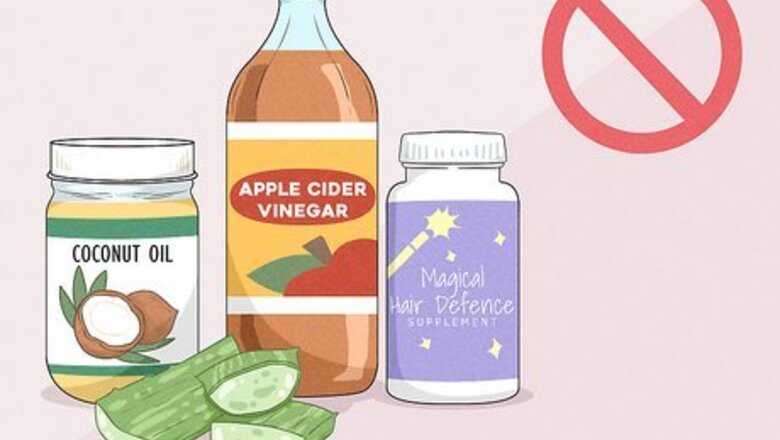
views
Try supplements.
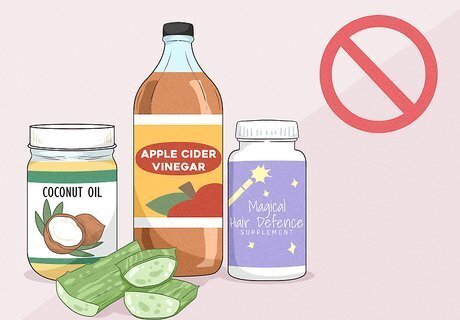
Nutrient deficiencies can cause hair loss, and supplements may help. If you've been diagnosed with a nutrient deficiency by a doctor, taking supplements may help correct the deficiency and prevent further hair loss. If you're worried your hair loss is caused by a deficiency but you're not sure, talk to your doctor. They can do a blood test to see if you're deficient. If you are, they can tell you which supplements to take.
Skip the tight ponytails or braids.
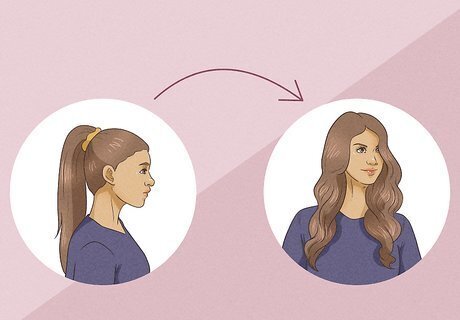
Tight hairstyles put stress on your hair that can cause it to fall out. While the occasional ponytail probably isn’t going to do any serious damage, tying your hair back every day or keeping it tightly braided will certainly lead to hair loss over time. Opt for looser hairstyles whenever possible, and avoid tying your elastic bands too tightly. You won’t see the benefits today, but your hair will thank you in the future! If you’re noticing the hair in the front of your head is thinning or falling out and you often braid your hair or wear tight ponytails or pigtails, this is probably the main source of your problem.
Minimize your hair’s exposure to heat.
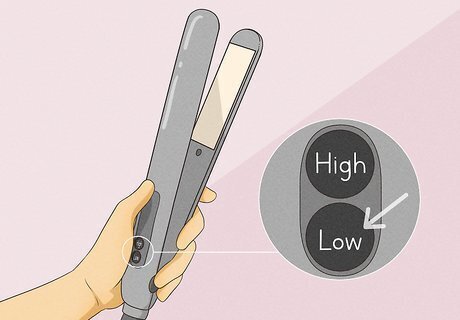
High heat can wear your hair down and weaken it enough to fall out. Heat strips your hair of the proteins that keep it strong. Over time, constant heating can turn hair brittle, which may cause hair loss that would not have occurred otherwise. Avoid using a flatiron whenever possible, use the coolest setting on your hair dryer, and skip the sauna if your hair is a little thin. If you need the heat on the hair dryer, keep it at least 8 inches (20 cm) away from your hair and move it constantly to keep heat from building up. Using hot rollers or getting a perm is uniquely bad when it comes to hair loss since it combines high levels of heat with hair pulling.
Avoid hair dyes and color treatments.
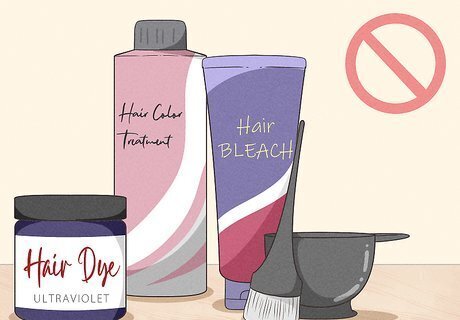
These products put a lot of stress on your hair and scalp. If you want the best shot at a full head of hair later on, keep your natural hair color. There are some whacky ingredients in certain hair dyes and coloring formulas, and it’s hard to know how your hair will react to a given product or ingredient. There have even been cases where people have experienced massive and immediate hair loss due to an allergy to an ingredient, so skip the dye jobs if you can. If you have a professional stylist putting highlights in every year or so, it’s probably not a big deal. But frequent use of hair coloring chemicals increases the chances that you accidentally do some serious damage. Bleaching is especially harmful for your hair, since it strips the nutrients in your hair and scalp. If you do dye your hair, either skip the bleach or choose a color that doesn’t require it in the first place.
Relax in your spare time.
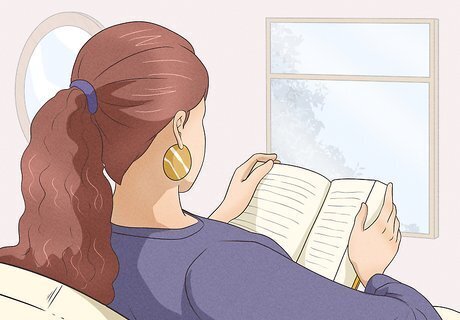
Stress can have a huge impact on your hair, so self-care is a must. This is one of those stereotypes that has some truth to it—if you’re under a lot of stress, your hair can fall out. It’s especially problematic if you’re under stress every day. If you’re having a hard time at school or work, set aside time when you get home to do something you enjoy. Take a bath, read a good book, or pursue something you’re passionate about. The more stress you can relieve, the slower your hair will fall out. The other problem with stress and hair loss is that it’s a compounding problem. You lose hair when you’re stressed, and realizing that your hair is falling out can make you even more stressed. Emotional distress will also cause hair loss. If you’re dealing with depression or some other kind of mood disorder, getting some help should relieve the hair loss.
Get more sleep.
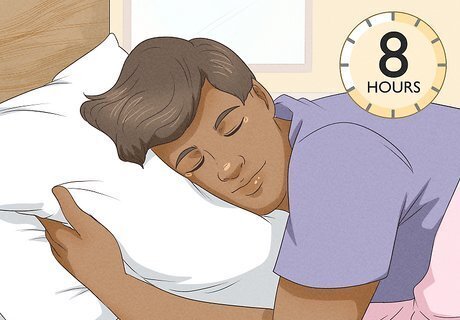
Not getting enough rest might make your hair fall out faster. If you aren’t sleeping at least 8 hours a night, your hair is going to be more likely to fall out earlier than it otherwise would. It’s unclear how closely sleep and hair loss are related, but it looks like the stress you put on your body by not getting enough shut-eye leads to hair loss. Sleep hygiene also plays a big role in this. Aim to go to bed and wake up at the same time, keep the temperature cool at night, and make sleep a priority!
Eat a healthy, balanced diet.
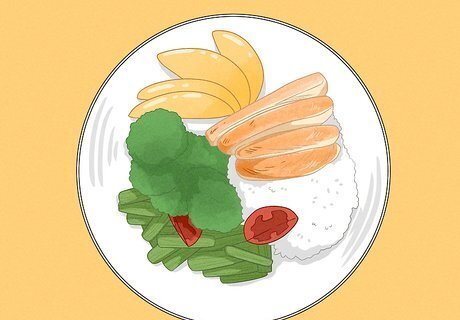
If you aren’t getting the nutrients you need, it can lead to hair loss. There are a ton of different minerals and nutrients that keep your hair strong. However, you can normally get everything you need from eating healthily. Unless you have an underlying medical condition causing a deficiency, eating a balanced diet should keep the hair on your head happy and strong. The common culprits for hair loss when it comes to nutritional deficiencies are protein, iron, zinc, and biotin. Biotin is especially popular when it comes to the supplements, but unless you’re deficient, your body won’t even be able to process the extra biotin and you won’t see any additional growth. This may not have a huge impact if you’re already getting the vitamins and nutrients your body needs, but it’s worth giving this one a shot anyway since there are no downsides to a healthy diet. Improving your diet isn’t going to totally negate your hair loss if it’s genetic, but it certainly won’t hurt. What’s the worst that happens? You end up feeling better and more energetic? It’s a win-win no matter what the outcome is.
Curb your alcohol consumption.
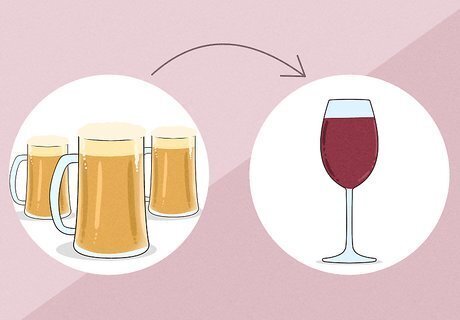
Heavy alcohol use will cause hair to fall out over time. It’s unclear why heavy drinkers tend to lose hair—it could be that alcohol throws your hormones out of whack, or it may simply be that heavy drinkers tend to engage in behaviors that lead to hair loss. Regardless of the reason, there’s some solid evidence that cutting back on the alcohol will keep your hair from falling out if you’re a heavy drinker. A glass of wine with dinner is totally fine, but if you’re polishing off a 6-pack every night, it’s going to do damage to your hair. Hair loss is one of the big side effects of long-term alcohol abuse and liver disease.
Stop smoking.
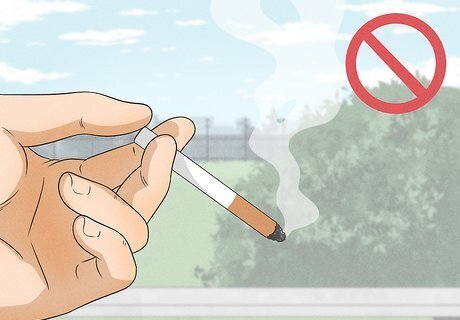
Aside for the fact that it’s bad for you, smoking can harm your hair. It appears that smokers tend to experience more frontal hair loss than non-smokers, so putting the butts down may help your hairline recover over time. If you’re active smoker, talk to your doctor about quitting or try nicotine replacement therapy. The hair loss from smoking appears to be less dramatic than the hair loss from heavy alcohol use. However, drinking too much and smoking are both bad for you, so quitting is still going to be a smart move.
Use Rogaine to slow the rate of hair loss.
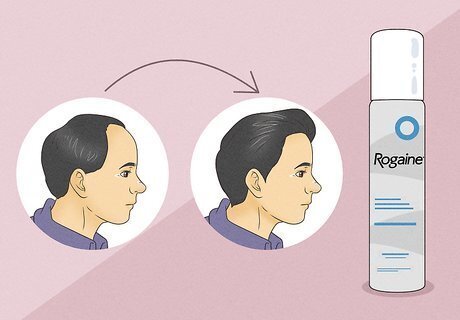
If you are starting to lose hair, Rogaine can help curb future hair loss. There isn’t much you can do about hereditary hair loss. However, if you start using minoxidil (Rogaine) once the hereditary hair loss starts, you can put a serious dent in its future progression. It’s pretty easy to use, too. You typically just apply the it directly to your scalp and leave it in for 2-4 hours. Rogaine is over-the-counter these days, but your doctor may be able to prescribe you a stronger formula if you check with them first. While it’s mainly marketed towards men, women can use Rogaine as well.












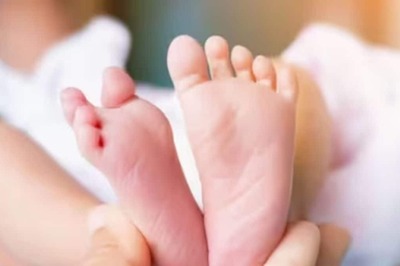



Comments
0 comment